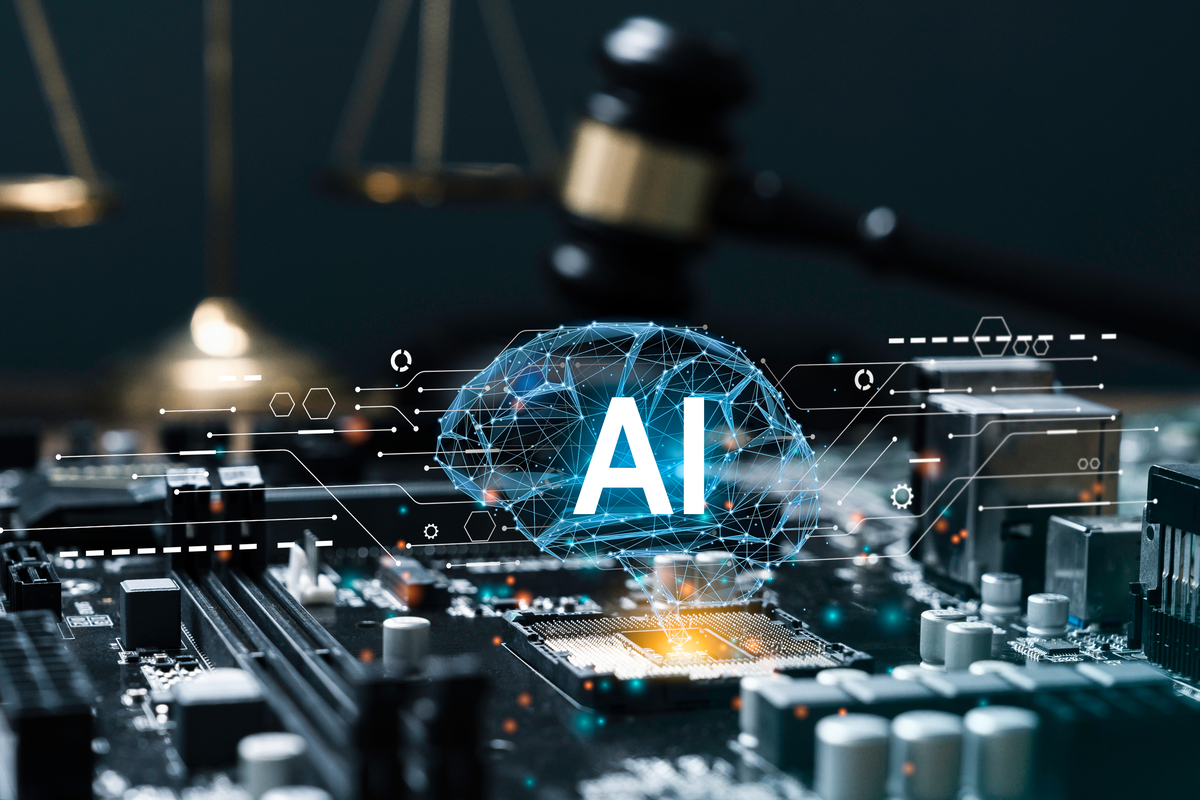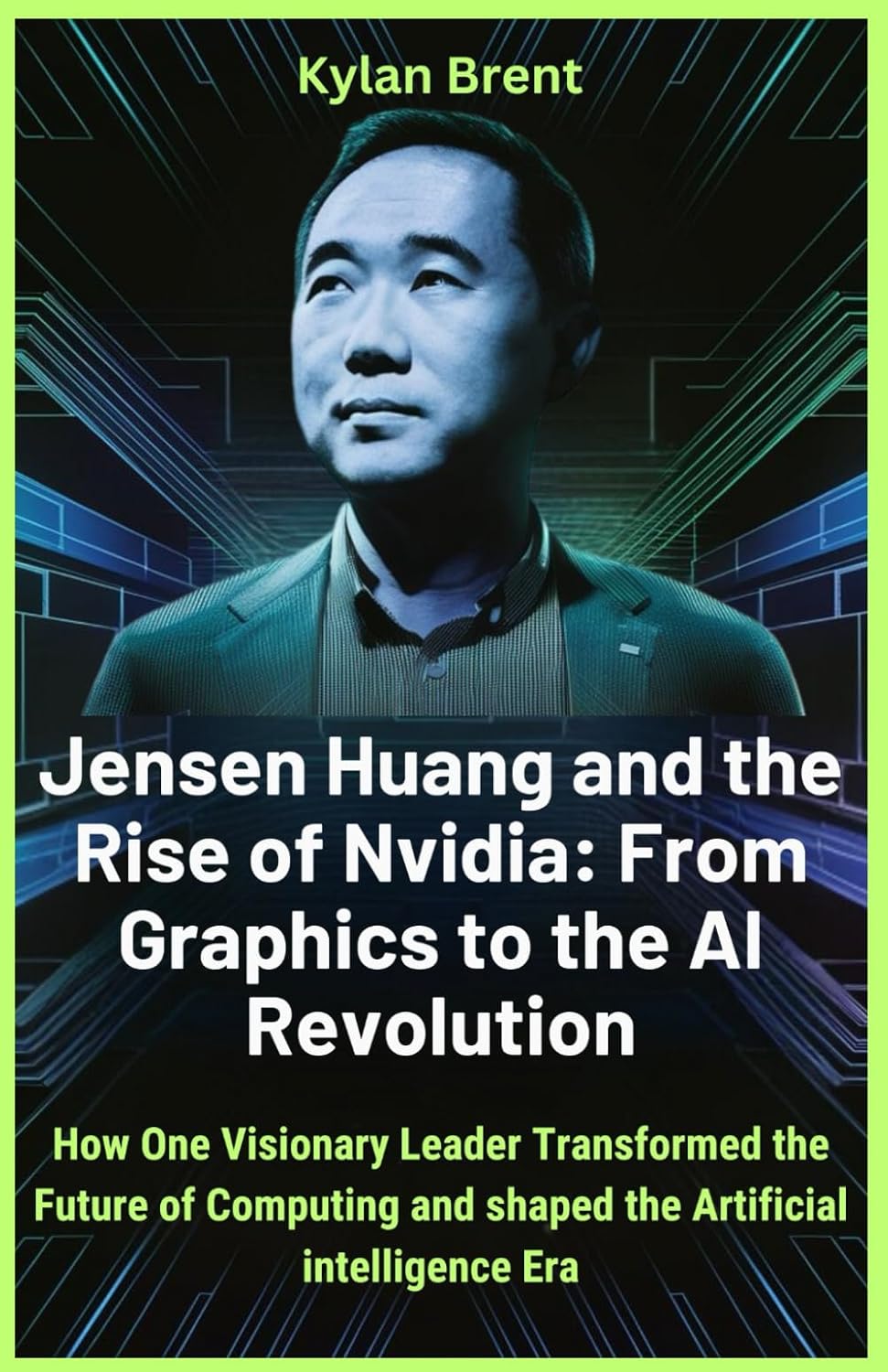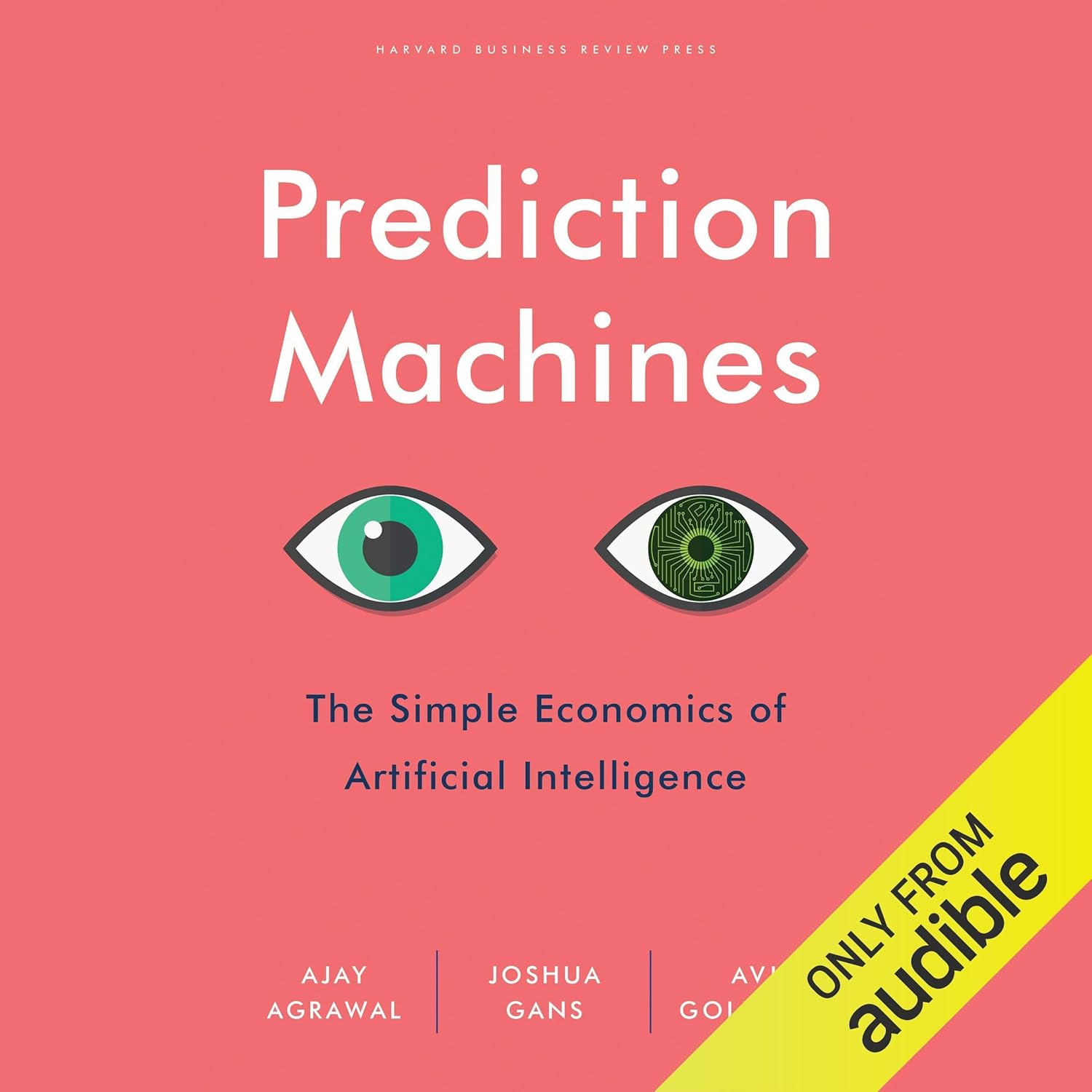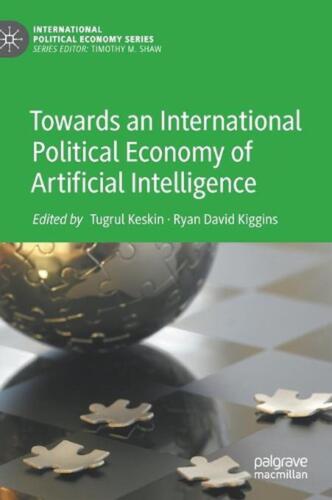Artificial intelligence (AI) has come a long way in recent years. Businesses are starting to see tangible savings from implementing this technology in their operations, which is triggering massive investment. Statista projects the AI market to grow at an annualized rate of 28% through 2030 to reach $826 billion.
If you have some extra cash you don’t need for paying down debt or other expenses, now could be a great time to start putting together a portfolio of growth stocks benefiting from AI that could take off over the next several years. Here are two companies trading at reasonable valuations that can help you profit from this once-in-a-generation investment opportunity.
1. Advanced Micro Devices
Before consumers and businesses can use AI-powered products, the required computing infrastructure has to be in place to train AI models. This is a tremendous opportunity for Advanced Micro Devices (AMD -1.35%), one of the leading suppliers of graphics processing units (GPUs) and other chip products.
AMD supplies various chips for several markets, including consumer PCs and data centers. But strong demand for the Instinct MI300 GPUs fueled a 122% year-over-year increase in data center revenue last quarter, making this segment the largest revenue driver for the company heading into 2025.
Meanwhile, AMD is still experiencing incredible demand for its central processing units (CPUs). Large companies continue to use AMD’s Epyc CPUs, including Meta Platforms, which has deployed more than 1.5 million Epyc chips in data centers to help power its social media platforms.
AMD’s spending on research and development has accelerated in the last five years. The company hired thousands of engineers to work on AI, which culminated in the launch of the MI300, but there is more to come. Management sees the market for AI accelerators, or data center GPUs, reaching $500 billion by 2028.
With strong demand for AMD’s data center chips helping drive a 31% year-over-year increase in earnings last quarter, you might expect the stock to trade at a high valuation. But it’s surprising to see the stock trading at just 24 times 2025 earnings estimates. This is in line with the broader market average valuation and suggests AMD shares might be undervalued.
AMD stock is due for a rebound in the new year and could go on to deliver wealth-building returns.
2. Alphabet (Google)
Alphabet (GOOG -1.17%) (GOOGL -1.01%) shares have delivered market-beating returns over the last decade. But the search leader continues to report strong growth in revenue and earnings that sent the stock up 36% over the past year. Its investments in AI could fuel more returns for investors in 2025 and beyond.
It was a busy year for Google. The company announced new versions of its Gemini AI model, which is powering all of its products. Google also impressed investors recently when it unveiled its Willow chip for quantum computing, showing how the company could be a technological leader in this exploding market.
While Google generates most of its revenue from advertising, it relies on AI to deliver relevant search results and content recommendations to keep billions of people coming back to its products, and therefore, grow advertising revenue. Alphabet spent $49 billion in capital expenditures over the last four quarters, which partly goes to data centers and AI to fuel more growth.
Alphabet is benefiting from a growing digital advertising market, and this bodes well for profitable growth that can be reinvested in technology. A 15% year-over-year increase in revenue last quarter helped bring Alphabet’s trailing-12-month net income to an impressive $94 billion.
With Alphabet proving it can post strong financial results while investing in cutting-edge technologies like quantum computing, the stock could be worth much more than its current valuation. The shares can be bought for just 21 times next year’s consensus earnings estimate, setting up Google investors for years of solid returns.
Randi Zuckerberg, a former director of market development and spokeswoman for Facebook and sister to Meta Platforms CEO Mark Zuckerberg, is a member of The Motley Fool’s board of directors. Suzanne Frey, an executive at Alphabet, is a member of The Motley Fool’s board of directors. John Ballard has positions in Advanced Micro Devices. The Motley Fool has positions in and recommends Advanced Micro Devices, Alphabet, and Meta Platforms. The Motley Fool has a disclosure policy.
If you’re looking to invest in the rapidly growing field of artificial intelligence (AI), now is the time to jump in. With a budget of $3,000, you can start building a strong portfolio with two key AI stocks that have the potential for long-term growth.
1. NVIDIA Corporation (NVDA): Known for its cutting-edge graphics processing units (GPUs), NVIDIA has also made a name for itself in the AI space. The company’s GPUs are widely used in AI applications, from autonomous vehicles to data centers. With a market cap of over $300 billion, NVIDIA is a leader in the AI hardware market and is well-positioned for future growth.
2. Alphabet Inc. (GOOGL): As the parent company of Google, Alphabet is at the forefront of AI innovation. Google’s AI capabilities are integrated into a wide range of products and services, from search algorithms to voice recognition technology. With a market cap of over $1 trillion, Alphabet has the resources and expertise to remain a key player in the AI industry for years to come.
By investing in these two AI stocks, you can gain exposure to the growing AI market and potentially see significant returns over the long term. Remember to do your own research and consult with a financial advisor before making any investment decisions.
Tags:
- Artificial Intelligence stocks
- Long term investing
- AI investments
- Top AI stocks
- Tech stocks
- Best stocks to buy
- AI technology
- Future of investing
- Stock market trends
- AI companies
#Artificial #Intelligence #Stocks #Buy #Hold #Long #Term
















